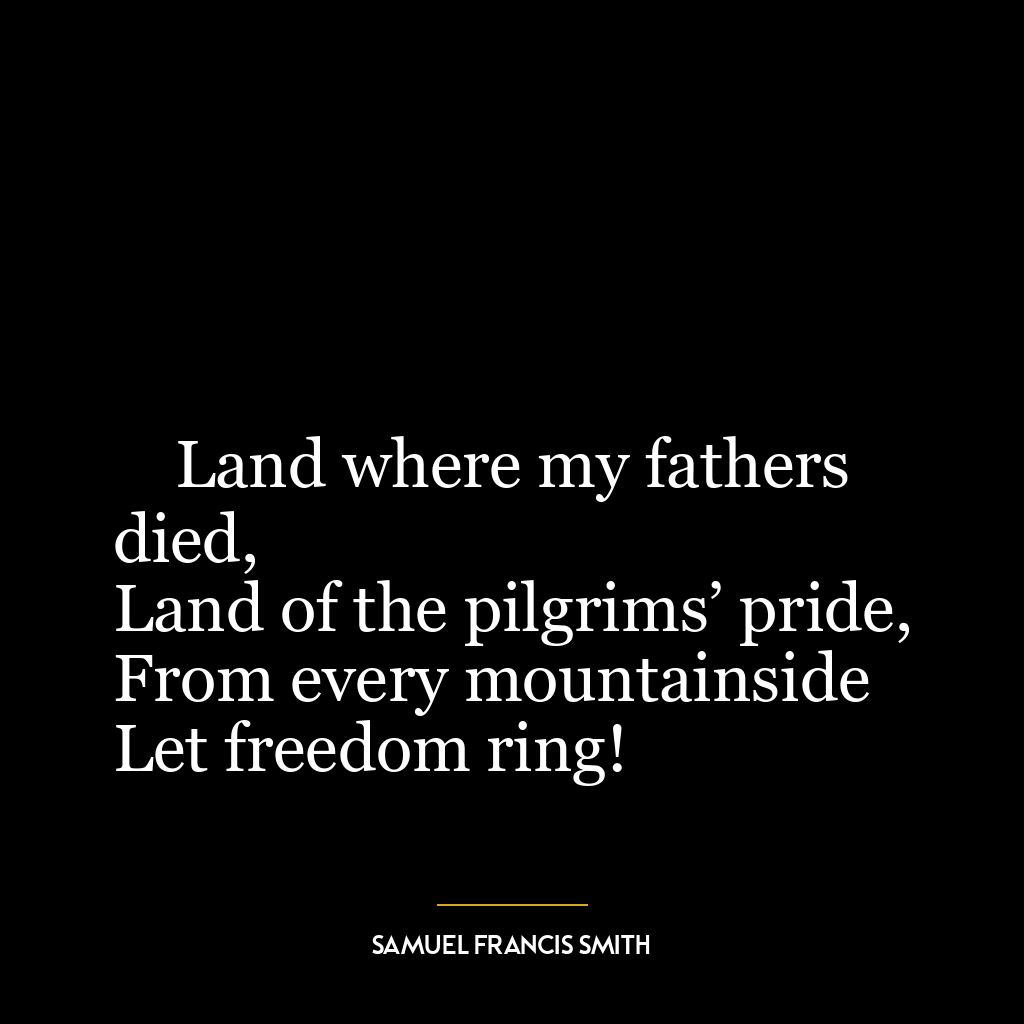Isaac Watts Quotes
- Hymn writer
- England
- 1674
Isaac Watts (1674-1748) was an English theologian, hymn writer, and logician. He is best known for his contributions to Christian hymnody, having written over 750 hymns, including the popular “Joy to the World” and “When I Survey the Wondrous Cross.” Watts was also a prolific…Read More
Isaac Watts (1674-1748) was an English theologian, hymn writer, and logician. He is best known for his contributions to Christian hymnody, having written over 750 hymns, including the popular “Joy to the World” and “When I Survey the Wondrous Cross.” Watts was also a prolific writer, publishing works on theology, logic, and education. He is often credited with popularizing the use of hymns in worship services and his hymns continue to be sung in churches around the world. Watts’ legacy also includes his influential book “Logic: The Right Use of Reason in the Inquiry After Truth,” which is still used in universities today. His impact on Christian music and education has made him one of the most influential figures in English religious history.Read Less
Isaac Watts (1674-1748) was an English theologian, hymn writer, and logician. He is best known for his contributions to Christian hymnody, having written over 750 hymns, including the popular “Joy to the World” and “When I Survey the Wondrous Cross.” Watts was also a prolific writer, publishing works on theology, logic, and education. He is often credited with popularizing the use of hymns in worship services and his hymns continue to be sung in churches around the world. Watts’ legacy also includes his influential book “Logic: The Right Use of Reason in the Inquiry After Truth,” which is still used in universities today. His impact on Christian music and education has made him one of the most influential figures in English religious history.
24 Top Isaac Watts Quotes
Isaac Watts Career Highlights
- In 1690, at the age of 16, Watts began attending the Nonconformist Academy at Stoke Newington, where he studied Latin, Greek, and Hebrew.
- In 1698, he became a pastor at Mark Lane Independent Chapel in London, where he served for over 40 years.
- In 1707, Watts published his first collection of hymns, “Hymns and Spiritual Songs,” which included his most famous hymn, “When I Survey the Wondrous Cross.”
- In 1719, he published “The Psalms of David Imitated in the Language of the New Testament,” which became one of the most popular hymnals of the 18th century.
- In addition to his hymns, Watts also wrote over 60 books on various theological and philosophical topics, including “Logic” and “The Improvement of the Mind.”
- He was a prominent figure in the Dissenting community and was known for his strong stance on religious freedom and tolerance.
Key Contributions by Isaac Watts
- Watts revolutionized English hymnody by introducing a new style of hymn writing that focused on personal expression and emotional depth, rather than just biblical texts.
- He wrote over 750 hymns, many of which are still sung today, including “Joy to the World” and “O God, Our Help in Ages Past.”
- Watts’ hymns were not only popular in England but also spread to America, where they played a significant role in shaping American hymnody.
- He also wrote hymns specifically for children, such as “Jesus, Who Once Upon the Tree” and “Let Dogs Delight to Bark and Bite,” which were meant to teach moral lessons in a fun and engaging way.
What Sets Isaac Watts Apart
- Watts’ hymns were a departure from the traditional hymns of his time, which were often long, formal, and difficult to sing. His hymns were simple, easy to remember, and had a strong emotional appeal.
- He was one of the first hymn writers to use the first-person perspective, allowing individuals to connect with the lyrics on a personal level.
- Watts’ hymns were also known for their strong theological content, as he often incorporated deep theological concepts into his simple and catchy tunes.
Takeaways
- Isaac Watts’ contributions to English hymnody have had a lasting impact on the Christian community, with many of his hymns still being sung and cherished today.
- His hymns were not only musically innovative but also theologically rich, making them a powerful tool for worship and spiritual growth.
- Watts’ emphasis on personal expression and emotional depth in hymn writing paved the way for future hymn writers to follow suit, making him a pioneer in the field of hymnody.





